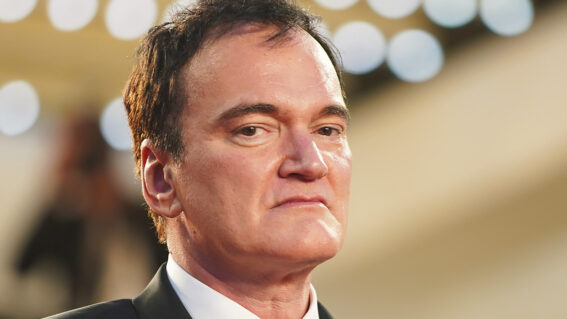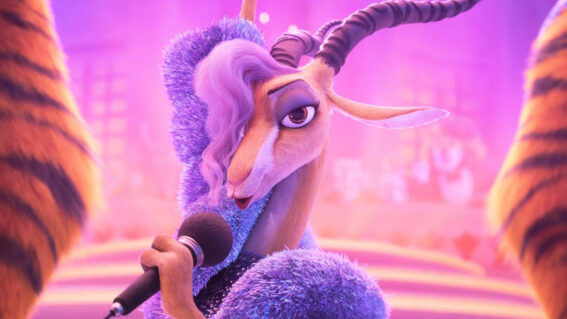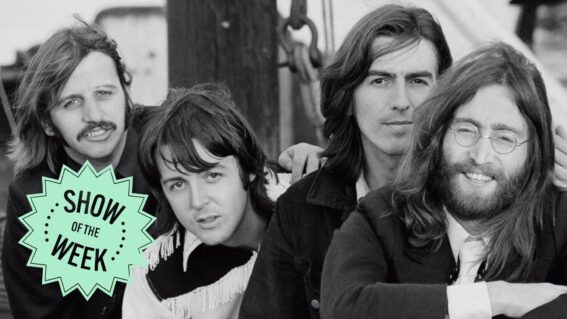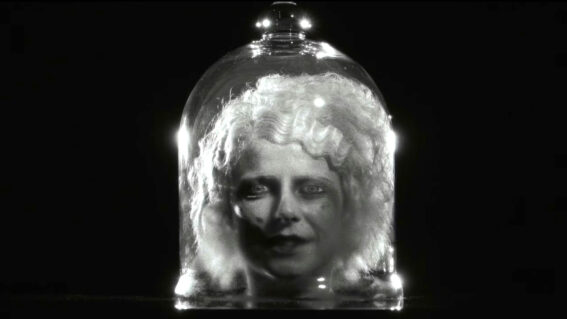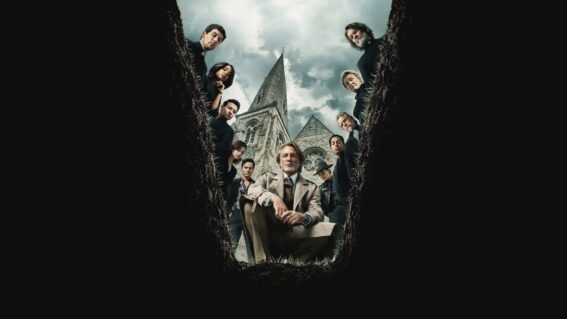Colin Farrell’s back (and unrecognisable) in new crime drama series The Penguin
The characters are interesting, earning our investment – and the crime drama is compelling.
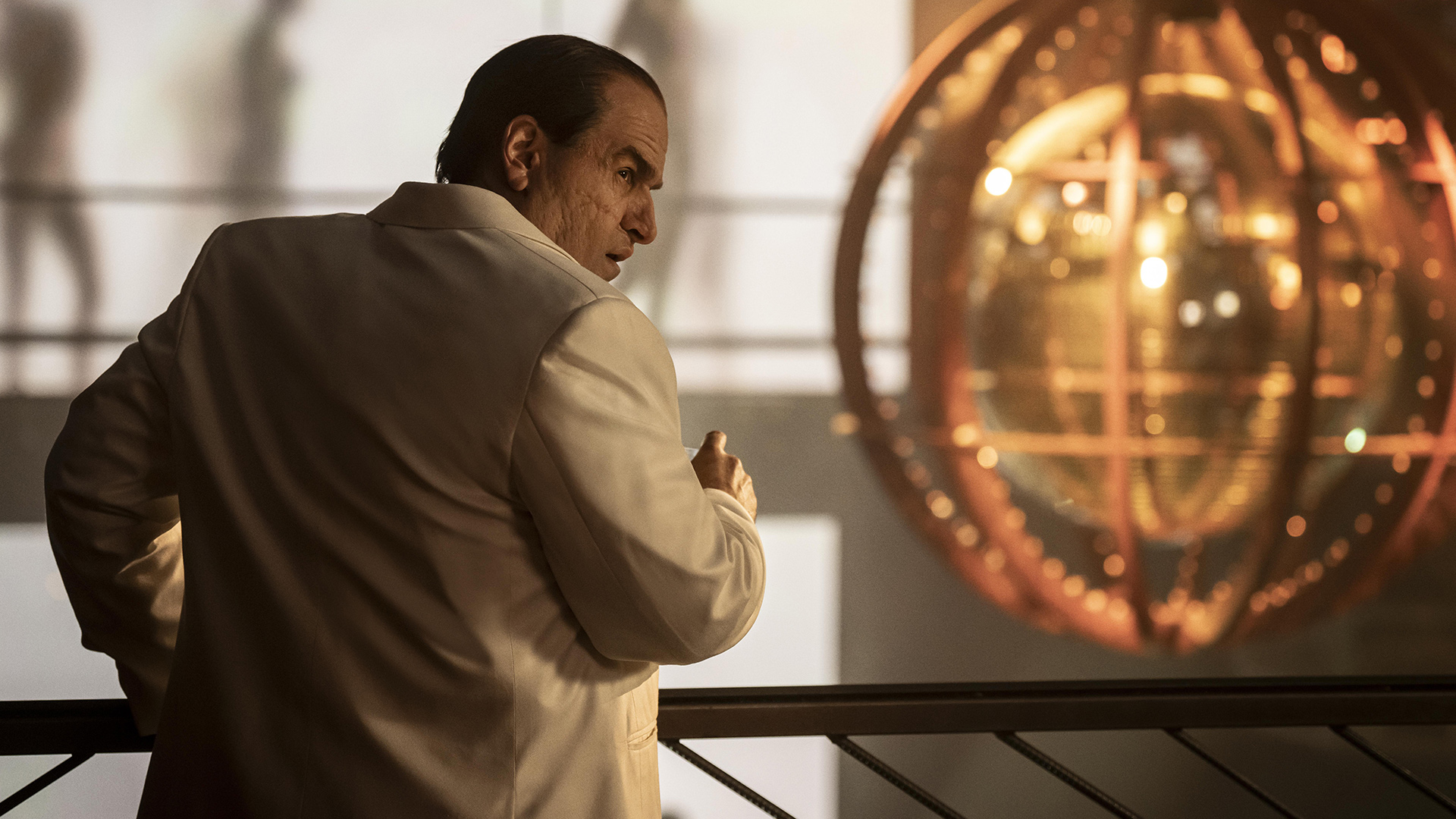
Colin Farrell returns to the mean streets of Gotham, climbing the ranks of the city’s underworld as The Penguin – streaming on Neon from September 20. Steve Newall is impressed by Farrell’s performance and the show’s further examination of the gritty city seen in the recent Bat-blockbuster.
Matt Reeves’ 2022 “super-noir” The Batman made a number of interesting choices to distinguish it from its predecessors. Less interested in Bruce Wayne’s transformation into the superhero, Reeves focused on an investigative tale that fit DC’s description of Batman as The World’s Greatest Detective. The grim serial killer storyline mirrored star Robert Pattinson’s gloominess, and allowed for a reasonably grounded take on the mythology—one that also centred on the corruptly cosy relationship between Gotham’s ruling class and the powerful mob outfits that control the streets (and the drug and sex trades).
Among the cast, and playing a pivotal if not leading role, was a heavily prosthetic-wearing Colin Farrell as the Penguin (a title hated by the character, preferring his real name Oz Cobb). He survived the carnage, even if much of the city did not, and spinoff series The Penguin picks up right where The Batman left off—with Gotham recovering from the severe, deadly flooding that left much of the city’s poorer areas underwater as Reeves’ film concluded.

The series tracks the Penguin (hey, sorry, Oz—I’m sticking with the nickname) as he sets out to exploit the power vacuum left by the events of The Batman. Gotham’s established crime families are in disarray, and the Penguin seeds further chaos in an effort to climb up from his position as a mid-level mob functionary, someone who has little power and even less of other people’s respect.
This gritty crime series forms the next part of what Matt Reeves and fellow producer Dylan Clark are calling their “Batman Epic Crime Saga,” and will lead into the events of 2026’s The Batman Part II. It also offers a chance to more deeply explore the machinations of organised crime in Gotham, chart the Penguin’s ascent to true villain status, and further examine the class conflict and social inequality of Gotham City. The Penguin, and others of his mob strata, are treated with disdain by bosses, and are in no danger of becoming “made men”.
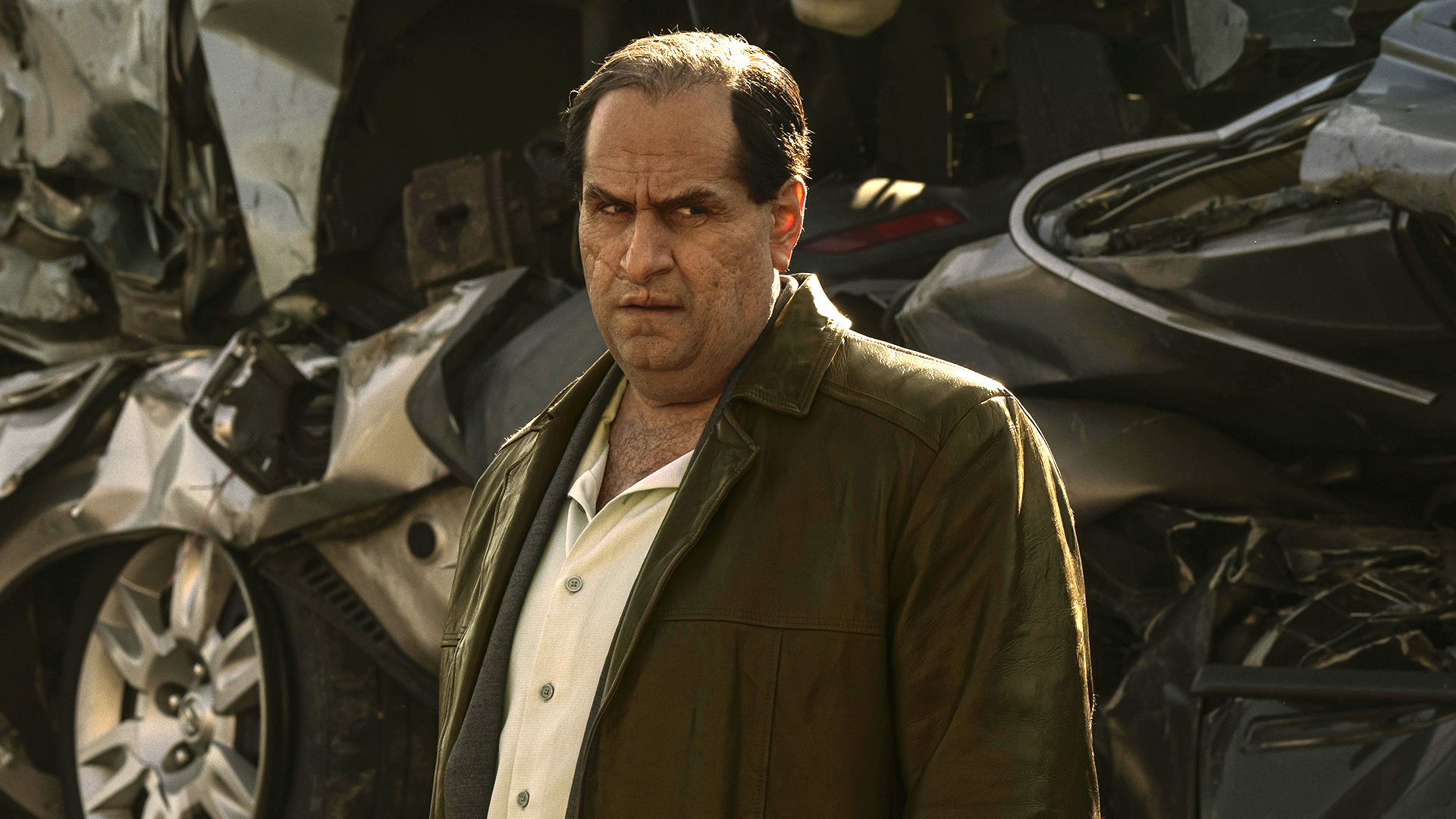
This is something that eats away at the Penguin, whose overt physical disfigurements have marked him for humiliation his whole life. He craves respect, but even more so, love. Throughout the series he refers nostalgically to Rex Calabrese, a gangster he admired as a child—someone the Penguin sees through rose-tinted glasses as being beloved by the community.
But the reality of crime in Gotham is much more brutally violent than that, and the Penguin does not shy away from amassing a sizeable body count of his own. He’s not the only one threatening violence, either—Sofia Falcone (a superb Cristin Milioti) is freshly out of Arkham Asylum, incarcerated after a wave of serial killings, and has her own axe (and gun, and et cetera) to grind. Elsewhere you’ll also see welcome appearances from the likes of Clancy Brown, Michael Kelly and Shohreh Aghdashloo, but The Penguin really belongs to Farrell and Milioti (alongside Rhenzy Feliz as the Penguin’s young protege).
Expect alliances, doublecrosses, plans, successes and failures to be made in succession—and all without the shadow of the Caped Crusader looming over the show. Having watched six of the eight eps, so far there’s been no Star Wars-like fan service going on—no bat or cat cameos, which is welcome, keeping the focus tight and personal, and illustrating just what sets Gotham apart from better-functioning cities (and in turn allowing it to be a setting replete with enemies powerful enough to believably square off with Batman in the future).
Carrying it all, of course, is Colin Farrell. It’s a cliche to say an actor wearing prosthetics is “unrecognisable”—but there’s no getting around it here. The Penguin’s posture, mannerisms, accent and gait are all his own. You’re more likely to think Tony Soprano or Harvey Weinstein than Farrell, but the actor’s still able to render a convincing and compelling performance through all the layers of latex, selling the character through his eyes, movement, modulation.
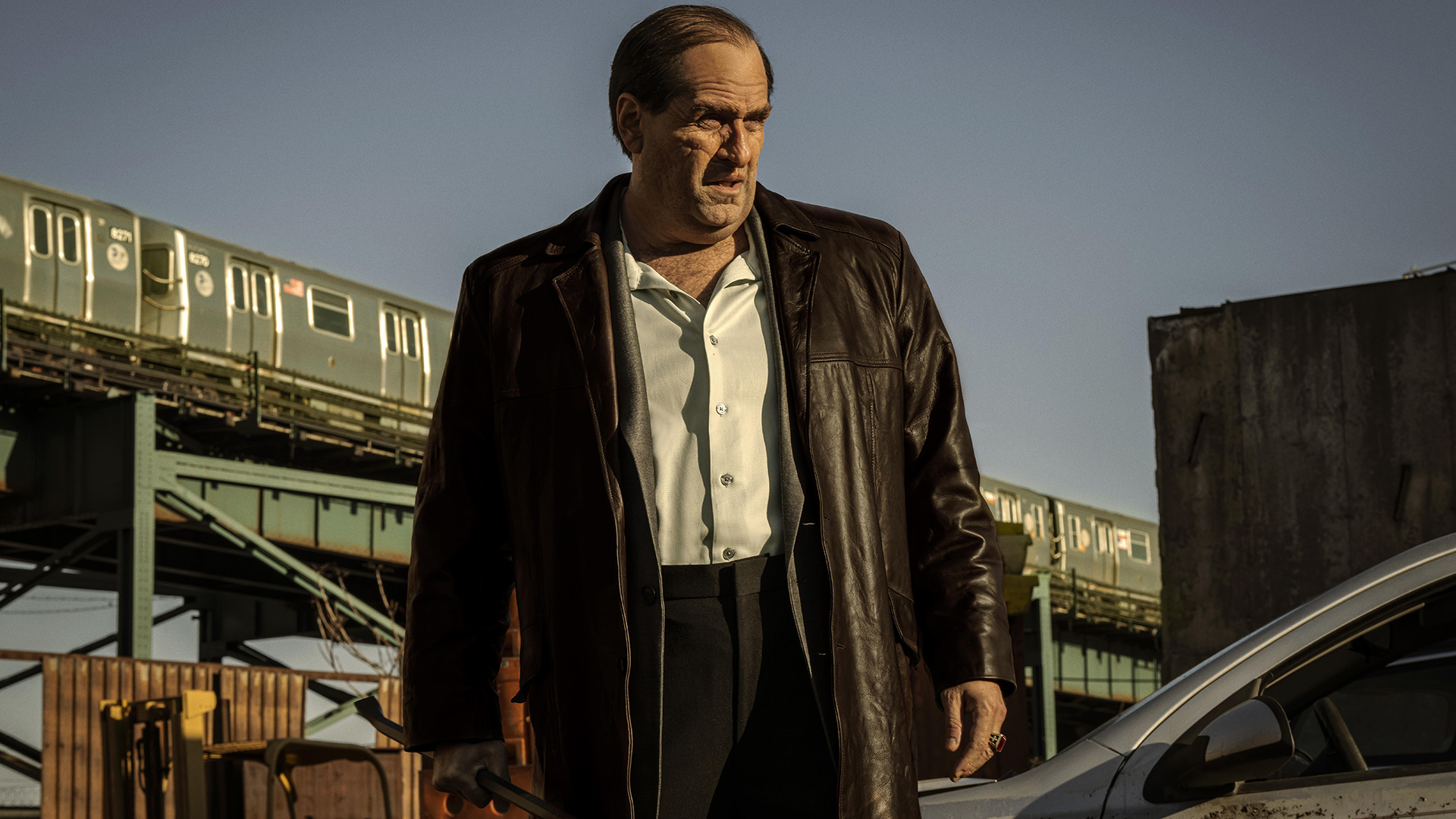
Much has been made of his comments to Total Film about the makeup last week—“When I finished I was like, ‘I never want to put that fucking suit and that fucking head on again'”—which is fair enough given the extent of transformation, but omits the positive parts of the experience. Farrell had previously marvelled over how he’d been liberated by the prosthetics and makeup in The Batman, and elsewhere in his conversation with Total Film observed: “If you take what Matt Reeves created and then what Lauren [LeFranc, showrunner] did and what Mike [Marino, prosthetics and make-up designer] did and put them all together, it was a really powerful experience.”
It’s kinda remarkable that it works so well. Disappearing under a costume in a supporting role is one thing—but carrying a show as its lead, as Farrell does here, is quite another. Were this merely an action-heavy super-series, his performance would be impressive enough—having to sell the psychology and inner workings of a troubled man under kilos of kit is a challenge the actor proves well-equipped for. It’s a performance that somehow grounds the more absurd elements of the character, helped by the show continuing to characterise the Penguin as a gangster as opposed to the umbrella-twirling, cigar-chomper of yore.
It’s to The Penguin’s and Farrell’s enormous credit that it all gels (and is about as far away from Tom Cruise’s Len Grossman in Tropic Thunder as you can get). The characters are interesting and earn our investment, the crime drama is compelling, the show’s depiction of a struggling city resonates, and the series builds and builds towards… well, let’s find out.






